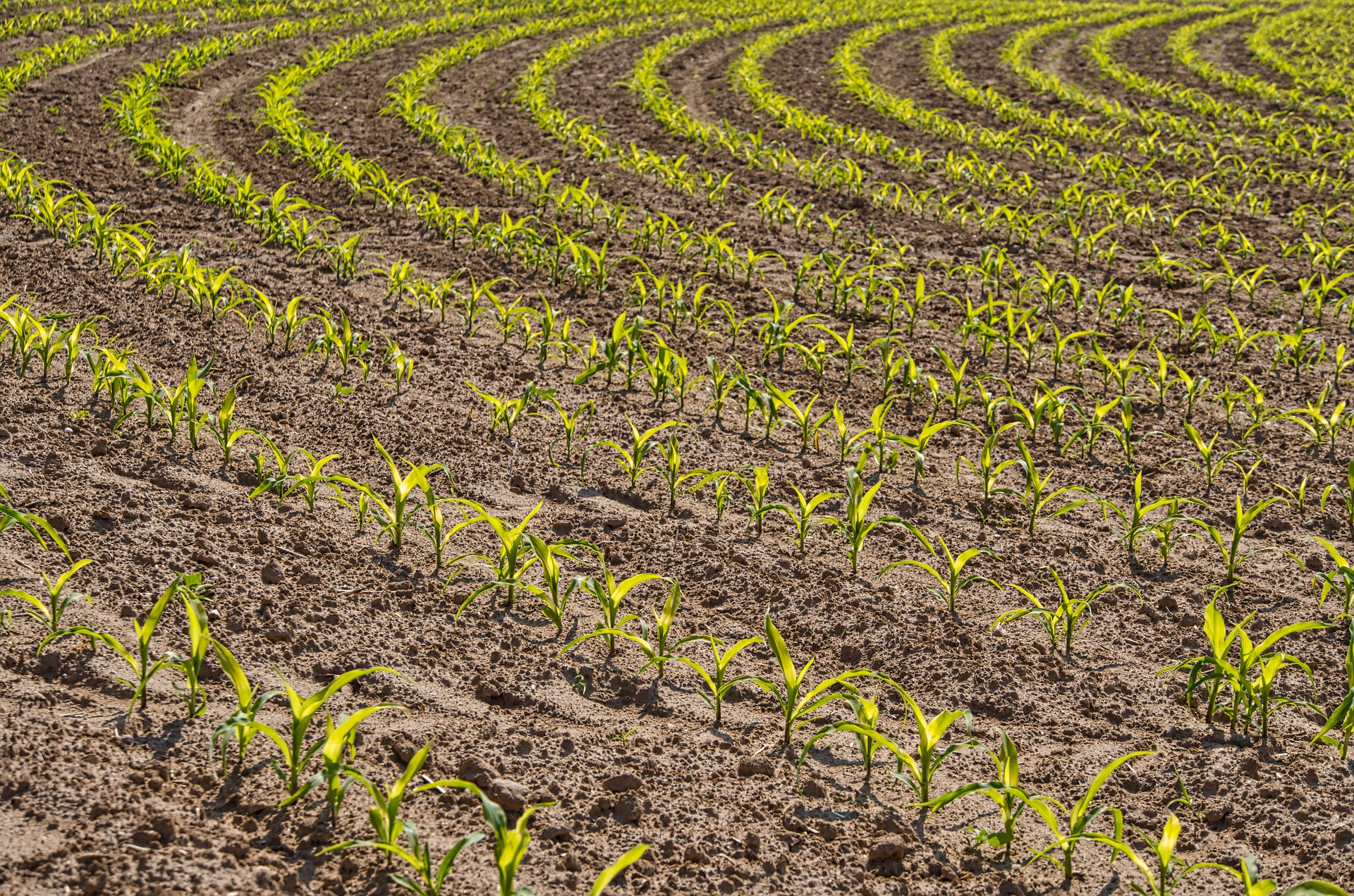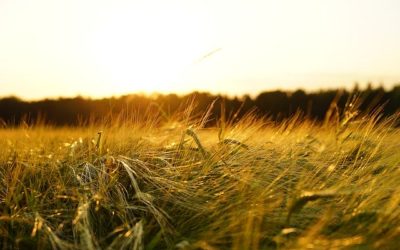The following piece is from our sister publication, Germination.
Healthy plants are essential to people and animals, the environment and the economy. Canada is proud to join the United Nations and countries around the world in recognizing May 12 as the first International Day of Plant Health, the federal government said on May 12.
This day follows the efforts devoted to the International Year of Plant Health in 2020 in raising awareness on a global scale about the value of our precious plant resources and the need to protect them with increasing vigilance.
Plant pests are a main cause of loss in biodiversity and crop productivity, and invasive species continue to pose a threat to Canadian ecosystems. Insects, plants, snails and slugs that threaten plant health can harm the environment when they spread to new parts of the country or abroad, whether on their own or via cargo, human activity, transportation, extreme weather or other means.
The Canadian Food Inspection Agency (CFIA) is on high alert for pests like the spotted lanternfly, which is particularly a threat in eastern Canada along the border with the United States. If introduced to Canada, this striking and colourful invasive insect could cause serious damage to grape, fruit tree and forestry industries. The ongoing infestation in neighbouring Pennsylvania, for example, is an active threat to our Niagara region’s famous wine industry.
Actions we take can lead to destroyed ecosystems and immense damage to agriculture, which is why everyone has a role to play. One example is to avoid moving firewood. This simple action can help prevent the spread of emerald ash borer, spongy moth, brown spruce longhorn beetle, Dutch elm disease and other pests to new parts of the country. If you heat your home or cottage with wood or you love to go camping, buy and burn only locally grown or heat-treated firewood. That way, invasive species hiding in or under the bark can’t hitch a ride. Another way to help is by planting native or local plants instead of invasive or exotic ones.
Canadians can help by reporting to the CFIA suspected sightings of invasive species new to their area.
Most new findings of invasive pests have been reported by the public, so it’s important to know what grows and lives locally.
We can protect plant health for generations to come if we each take action to minimize risks.
In January 2022, the Council of Canadian Academies released Cultivating Diversity, a report commissioned by the CFIA to identify the current and emerging risks to plant health in Canada.
As Canada’s National Plant Protection Organization, the CFIA will continue its work with partners domestically and internationally to raise awareness and protect global plant resources.
Related Articles
Alberta Crop Disease Outlook for the 2022 Growing Season





